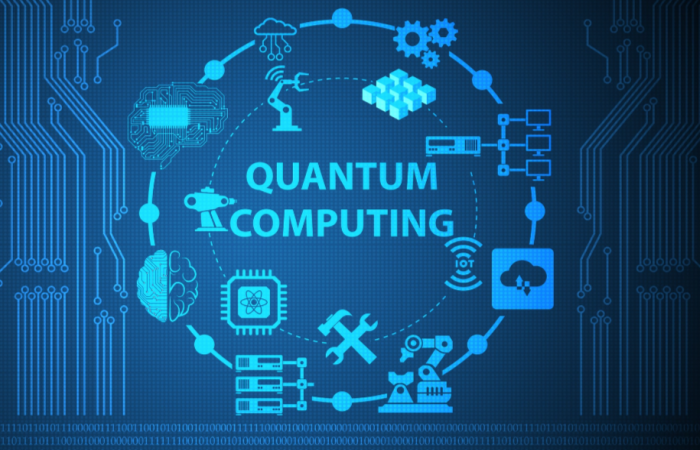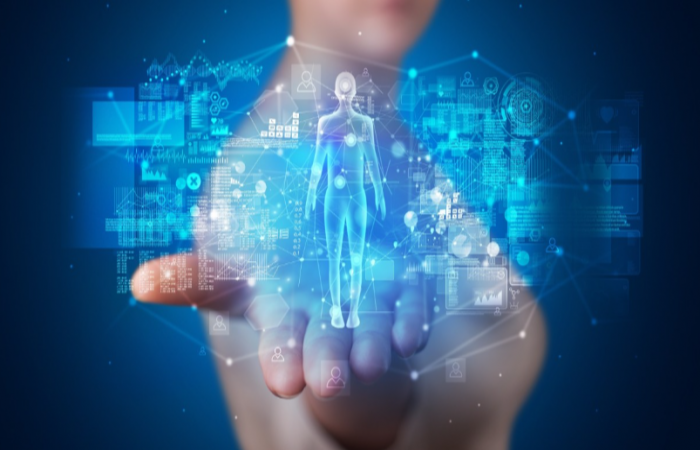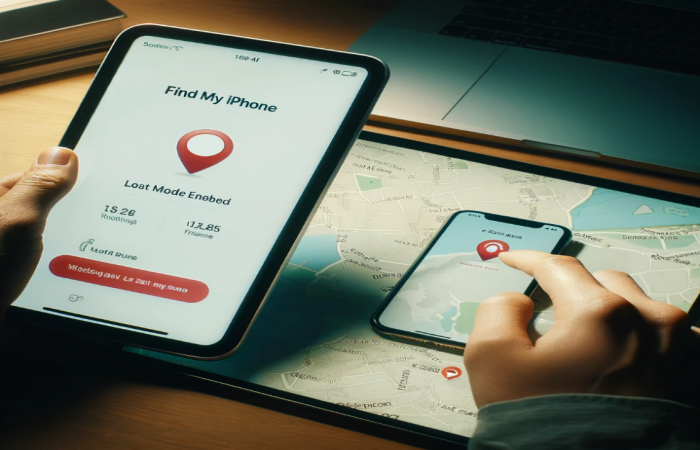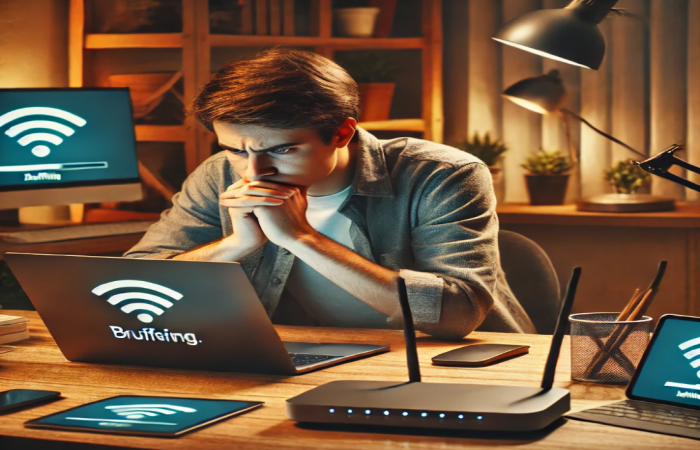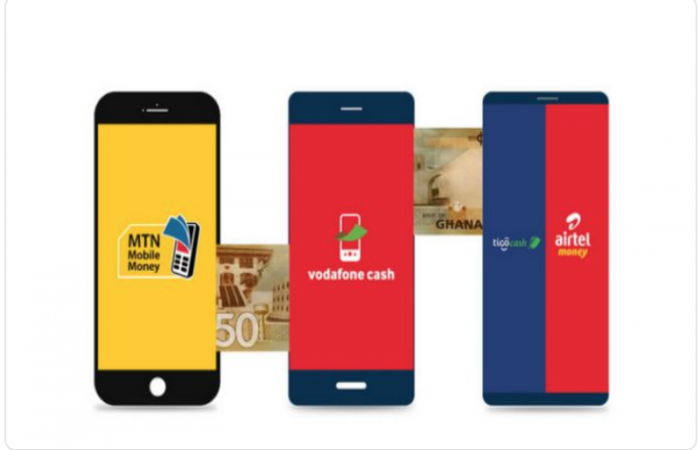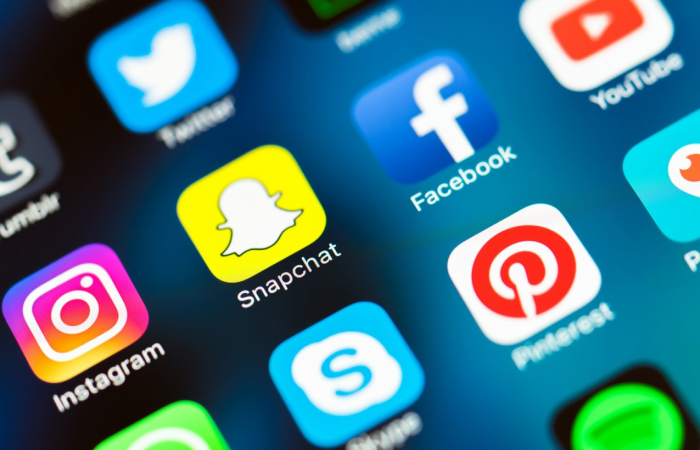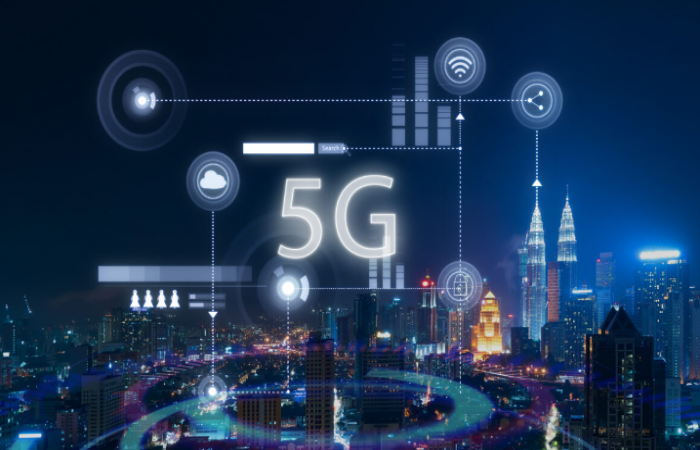
The Impact of 5G Technology on Everyday Life
As 5G networks continue to roll out globally, their influence on daily life is becoming increasingly apparent. This next generation of mobile connectivity offers significantly faster speeds, lower latency, and the ability to connect many more devices simultaneously compared to its predecessor, 4G.
Key Changes Brought by 5G
Enhanced Mobile Experience: With download speeds reaching up to 10 Gbps, users can stream high-definition videos, play online games, and participate in video calls without lag or interruptions. This improvement in mobile experience is particularly beneficial for remote workers and students attending virtual classes.
Smart Cities and IoT: 5G supports the Internet of Things (IoT), enabling smarter cities with connected infrastructure. Traffic lights that adapt to real-time traffic conditions and smart waste management systems are just a few examples of how 5G can enhance urban living.
Telemedicine and Healthcare Innovations: 5G’s low latency enables real-time remote health monitoring and telemedicine services. Doctors can perform virtual consultations with patients more effectively, and new technologies, such as remote surgeries using robotic systems, are becoming feasible.
Challenges and Considerations: Despite its potential, the rollout of 5G faces challenges, including infrastructure costs and concerns about data privacy. As more devices become connected, ensuring secure communication will be crucial.

Conclusion
The advent of 5G technology is set to revolutionize how people interact with their devices and each other, making daily tasks more efficient and opening up new possibilities for innovation across various sectors. For more information on the latest developments in 5G technology, you can check out sources like Impakter and TechCrunch.


